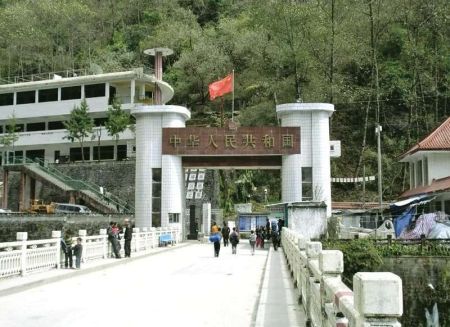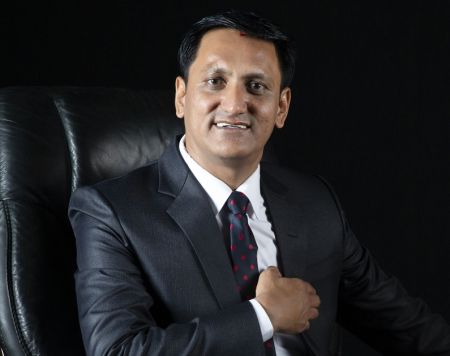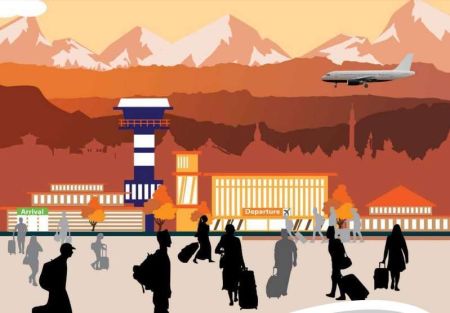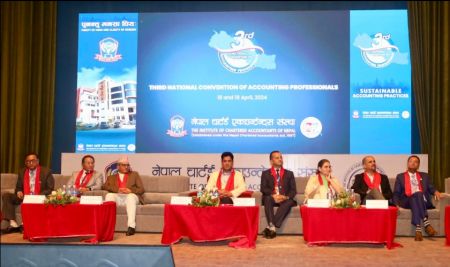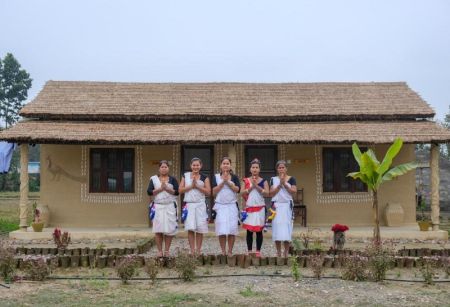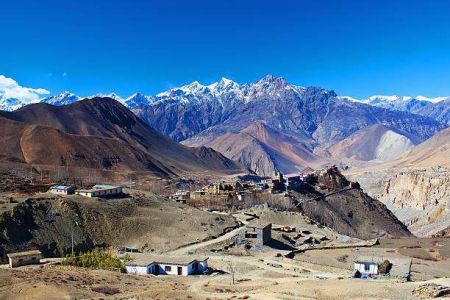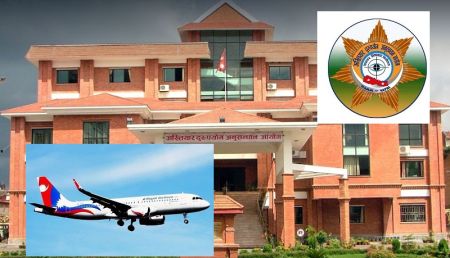--By Shriya Pant
“Timro thulo dassaa taryo.” (It’s a Nepali saying whose English equivalent would be “it could have been worse!). I have been getting that a lot since I had an appendectomy on October 2, 2013. It is a straight-forward medical procedure that interns often perform as their first surgery. But this simple procedure has left me with nerve damage – a condition called Meralgia paraesthetica - that is both physically and mentally frustrating.
And the worst thing is, after consulting numerous doctors, it turns out I most likely did not even have appendicitis. The pain in my abdomen was pain that can sometimes occur after one has had shingles – which many doctors and surgeons often confuse for appendicitis. Instead of asking me for my medical history, Vayodha Hospital went straight for the surgery route, and consequently, I am living with something that could have been avoided had they simply asked.
Through my personal experience, I want to highlight the questionable state of private medical care in Nepal -- bring to light the flawed medical system, from the attitude of the doctors, the way in which the medical staff were so quick to wheel me into the operating theatre, to how the hospital management were not open to compensate me for my resulting nerve damage.
Considering that the pain I had was not excruciating nor was my appendix at its bursting point, I would have expected the staff at Vayodha to at least put me under observation for a night. But instead, what I got was “the surgeon is about to leave, what have you decided?” This kind of pressure on the patient does nothing but enhance stress. Yes, the final decision was ours to make, but had the hospital informed, counseled and encouraged us it was not urgent and that ideally, it would be best to observe my condition, we would have surely followed their advice.
A patient is not a medical expert; s/he expects proper advice and counseling from doctors or hospital staff. In fact, such advice and counseling should be part of the basic services they offer. Unfortunately, profit, and not patient care and relationships, seems to be their mantra - something that was apparent not only in my experience, but is characteristic of the larger private health care system.
In the insatiable quest to make money, hospitals are springing up everywhere in Kathmandu. Where some sound and caring medical advice would be sufficient, patients are being forced to undergo procedures that may not be necessary because they cost more, whether it’s being forced to have C-sections, or other surgeries that should not be the first course of action.
While I appreciate that both the director of Vayodha and my surgeon took the time to talk to me about my nerve damage, it was more procedural and neither offered to pay for physiotherapy or other alternative courses to help alleviate the pain (whatever that might be). The surgeon also stubbornly refused to admit that this kind of nerve damage could occur after surgery. Most surprisingly he did not even know what Meralgia paraesthetica was. Instead, he proudly claimed to have simply made a small incision and slid the appendix out within 10-15 minutes!
The refusal from the doctor that he may have made a mistake is not surprising. We live in a country where doctors believe, and we reinforce this belief, that they are like god, who know best, and can do no wrong. This is further reinforced by the fact that in Nepal, there are no repercussions for not doing your job properly. Negligence accompanied by impunity is the rule of the game.
I am one of the privileged Nepalis, being able to afford a private hospital and seek medical care. But I don’t want to keep going back to our beloved recourse of mero dasa rahecha (It was my bad luck), or ke garne (what to do?). I don’t want to leave what should be practical, scientific and technical solutions to higher powers regardless of the fact that a majority of doctors in this country seem to think they possess. And I don’t want to remain quiet any longer.
(Pant has an MSC in international Health Policy from London School of Economics and is a public health professional.)






